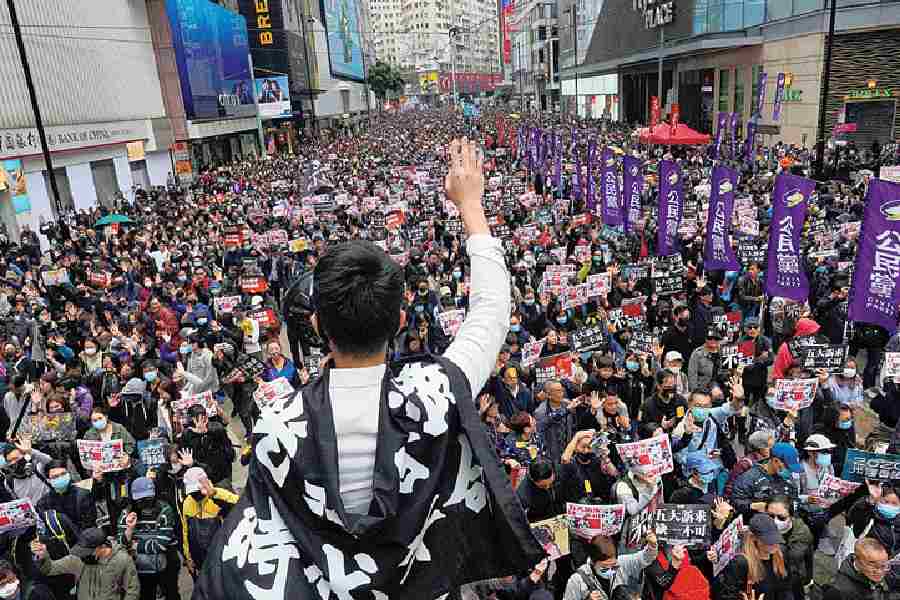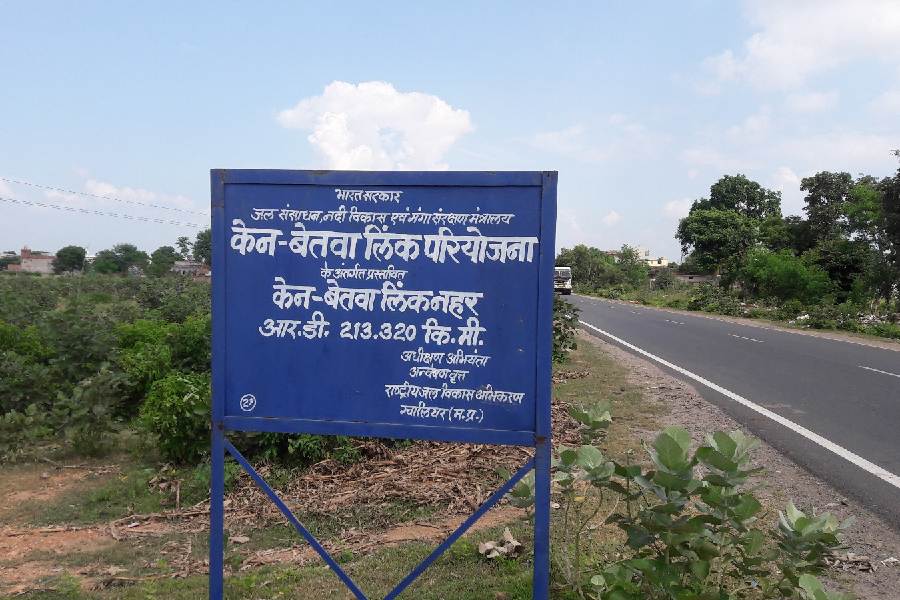Hong Kong lawmakers unanimously passed a new national security law on Tuesday that grants the government more power to quash dissent, widely seen as the latest step in a sweeping political crackdown that was triggered by pro-democracy protests in 2019.
The legislature passed the Safeguarding National Security Bill during a special session on Tuesday. It comes on top of a similar law imposed by Beijing four years ago, which has already largely silenced Opposition voices in the financial hub.
Hong Kong's Legislative Council, which is packed with Beijing loyalists following an electoral overhaul, expedited the process. Since the bill was unveiled on March 8, a committee held daily meetings for a week, following an appeal by Hong Kong leader John Lee to push the law through “at full speed”.
The law threatens stringent penalties for a wide range of actions authorities call threats to national security, with the most severe — including treason and insurrection — punishable by life imprisonment. Lesser offences, including the possession of seditious publications, could also lead to several years in jail. Some provisions allow criminal prosecutions for acts committed anywhere in the world.
After the voting, Hong Kong leader John Lee announced at the council's chamber that the law will take effect on Saturday. Legislative Council president Andrew Leung said he believed all lawmakers were honoured to have taken part in this “historic mission”.
“I fully agree with what the Chief Executive said: the sooner the legislation is completed, the sooner national security will be safeguarded,” he said.
Critics worry the new law will further erode civil liberties that Beijing promised to preserve. Hong Kong's political scene has changed dramatically since the massive 2019 street protests that challenged China's rule over the semi-autonomous territory, and the imposition of Beijing's National Security Law.
Many leading activists have been prosecuted, while others sought refuge abroad. Influential pro-democracy media such as Apple Daily and Stand News were shuttered. The crackdown prompted an exodus of disillusioned young professionals and middle-class families to the US, Britain, Canada, and Taiwan.
Hong Kong's mini-Constitution, the Basic Law, requires the city to enact a home-grown national security law. A previous attempt in 2003 sparked a massive street protest, and forced the legislation to be shelved. Such protests against the current bill were absent largely due to the chilling effect of the existing law.











